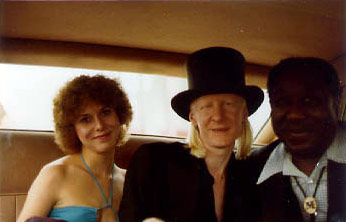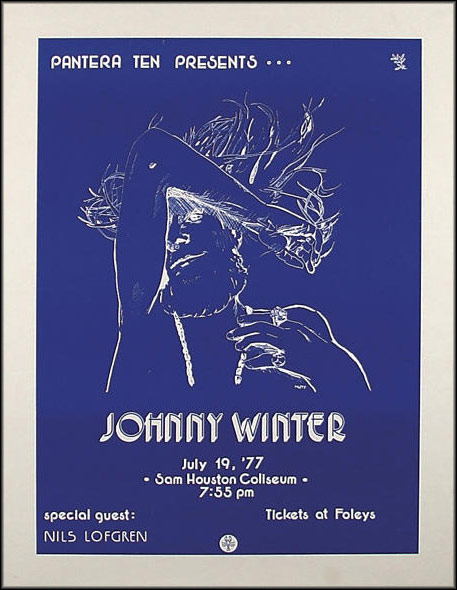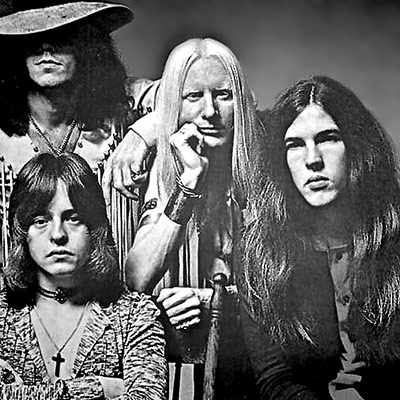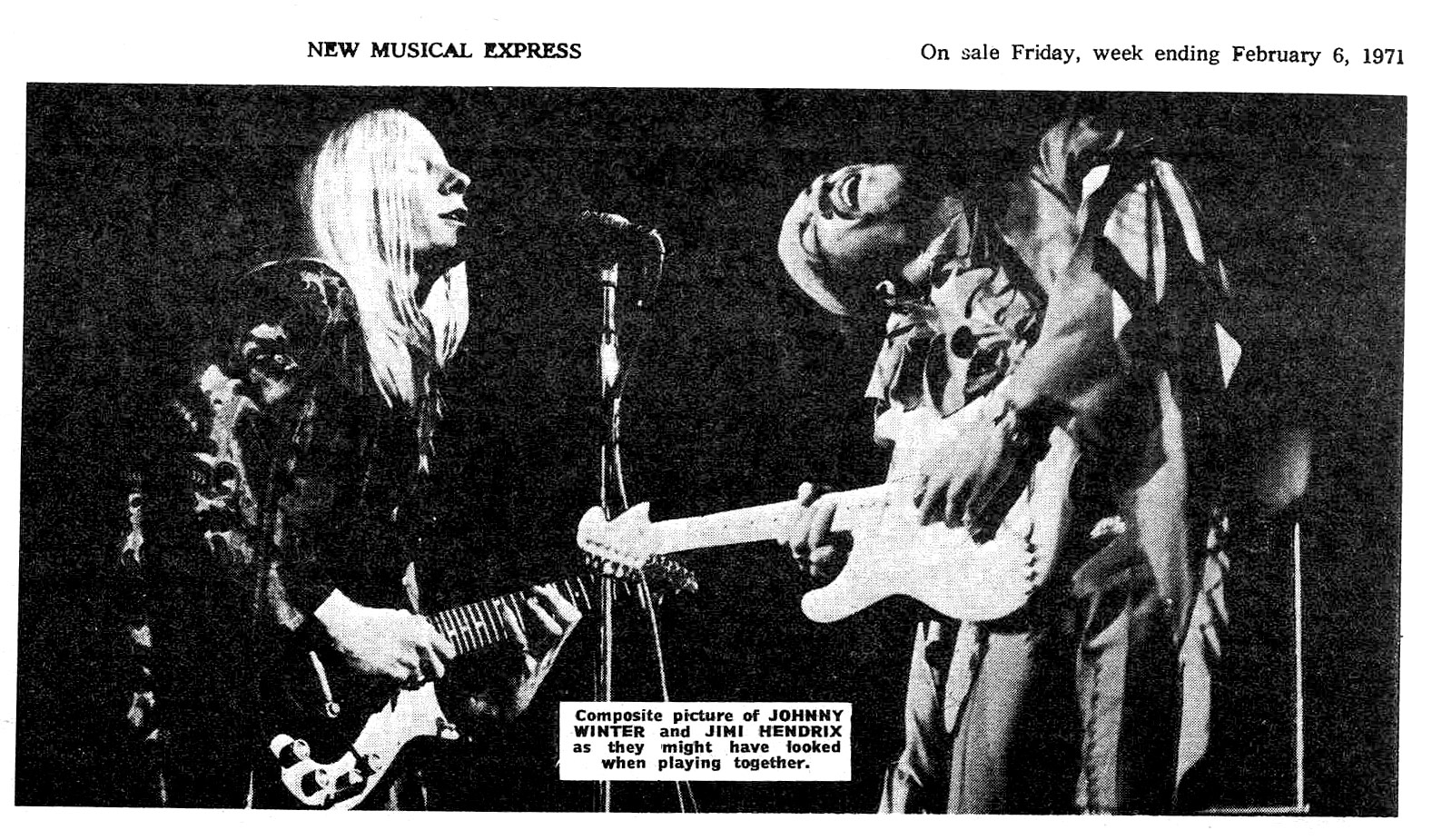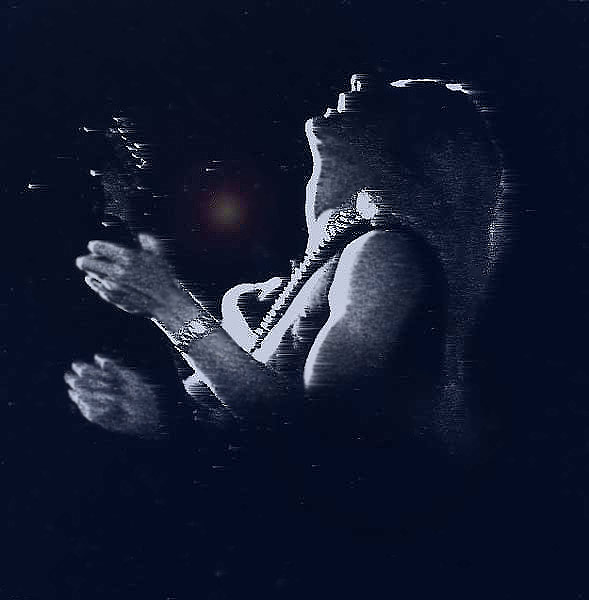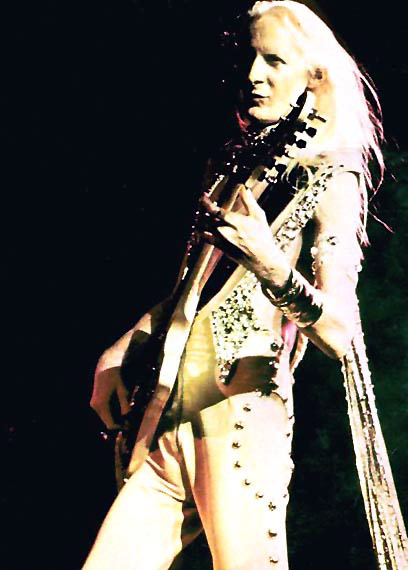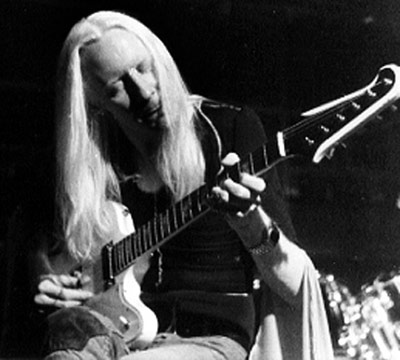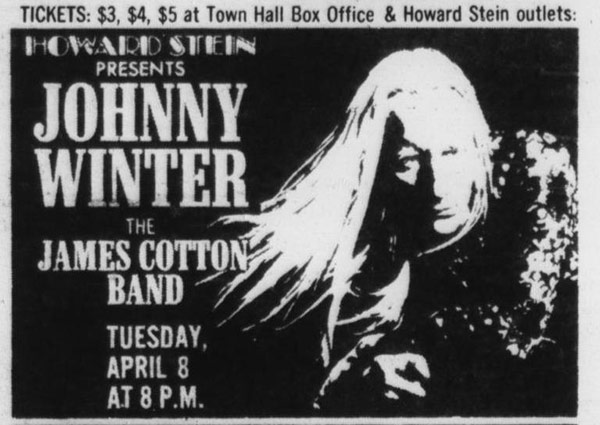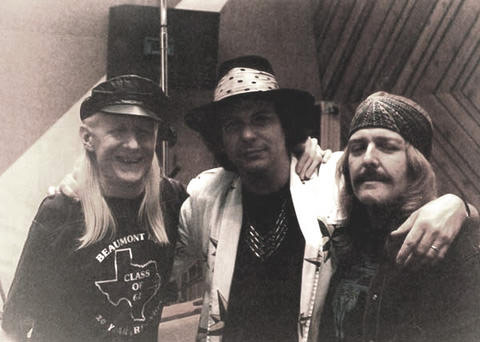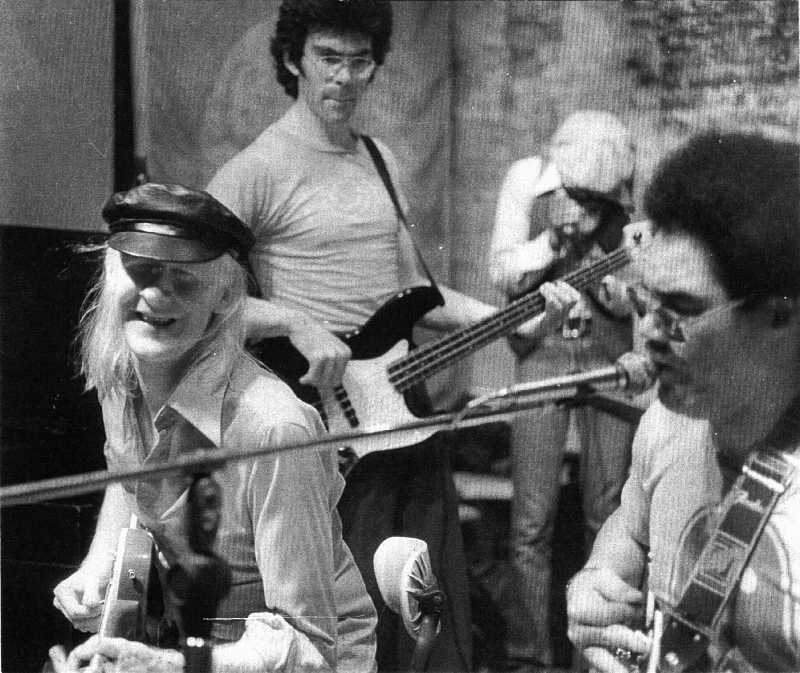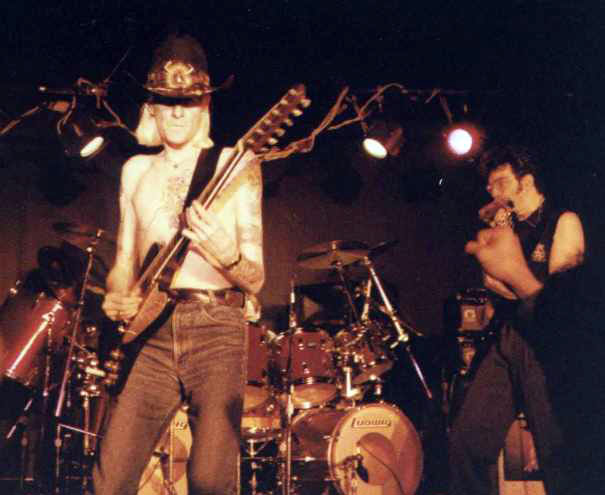By JOE ABELL
ARLINGTON — The last time I saw Johnny Winter was about two and a half years ago. He's been on tour since then, of course, but after catching his show last Saturday at Texas Hall, I sure couldn't tell it.
So few things have changed in that time: perhaps song titles and band members. To a true bluesman like Winter, that shouldn't make much difference: good blues are timeless.
But — then, as now — he doesn’t seem satisfied with simply playing good blues. For some reason, he’s had to add some funk, some rock and some flash. Those also haven't changed in two and a half years, making the entire performance somewhat static.
Why mix those styles? To please his audiences, no doubt. The one at Texas Hall seemed to patiently endure the technical artistry of his slower blues numbers, jumping up enthusiastically only when the band ventured into rock and roll, a compromise at best for Winter's abilities.
The biggest part of that compromise was his second guitarist. Obviously reared in a rock background, his playing was much harsher and less subtle than Winter's fluid lines.
NOTHING WRONG WITH that : a contrast of styles can create a good onstage tension for a band to really cook. Unfortunately, that second guitarist was more interested in keeping up with Winter than creating tensions. And to make matters worse, an odd mix halfway through the show made his guitar dominate the sound until the end.
Winter's own playing was virtually flawless. He has a dexterity and feel for a blues sound that’s amazing at times, especially during a slow, crying “straight” blues number. Even the higher energy and (supposedly) simpler rock and roll tunes couldn't hide his complex, sensitive lines.
Too much of a good thing, though, can get boring, as many of Winter's songs did by the end of the show. Nearly every one eventually turned into little more than a frame for a solo break, and while technically fascinating, many got tiresome.
THE FULL HOUSE didn’t mind, though, and brought him back for two encores, both rock and roll numbers. After all, that’s what they'd come to hear in the first place.
Opening act Nils Lofgren was a fine complement to Winter's show, but a good package is something Winter's never lacked: in 1975, one of his supporting acts was a little-known guitarist named Frampton.
Lofgren has the same basic approach as Frampton, only a fuller sound. There's certainly nothing vital to his lightweight, good-time rock, but it's an excellent example of a well-rounded, polished performance — the kind usually associated with headline acts.
And if nothing else, Lofgren is certainly one of the more athletic performers in rock, going as far as having a small trampoline onstage for backflips.
Source & Full Article: 77-07-19 Dallas Morning News.pdf
